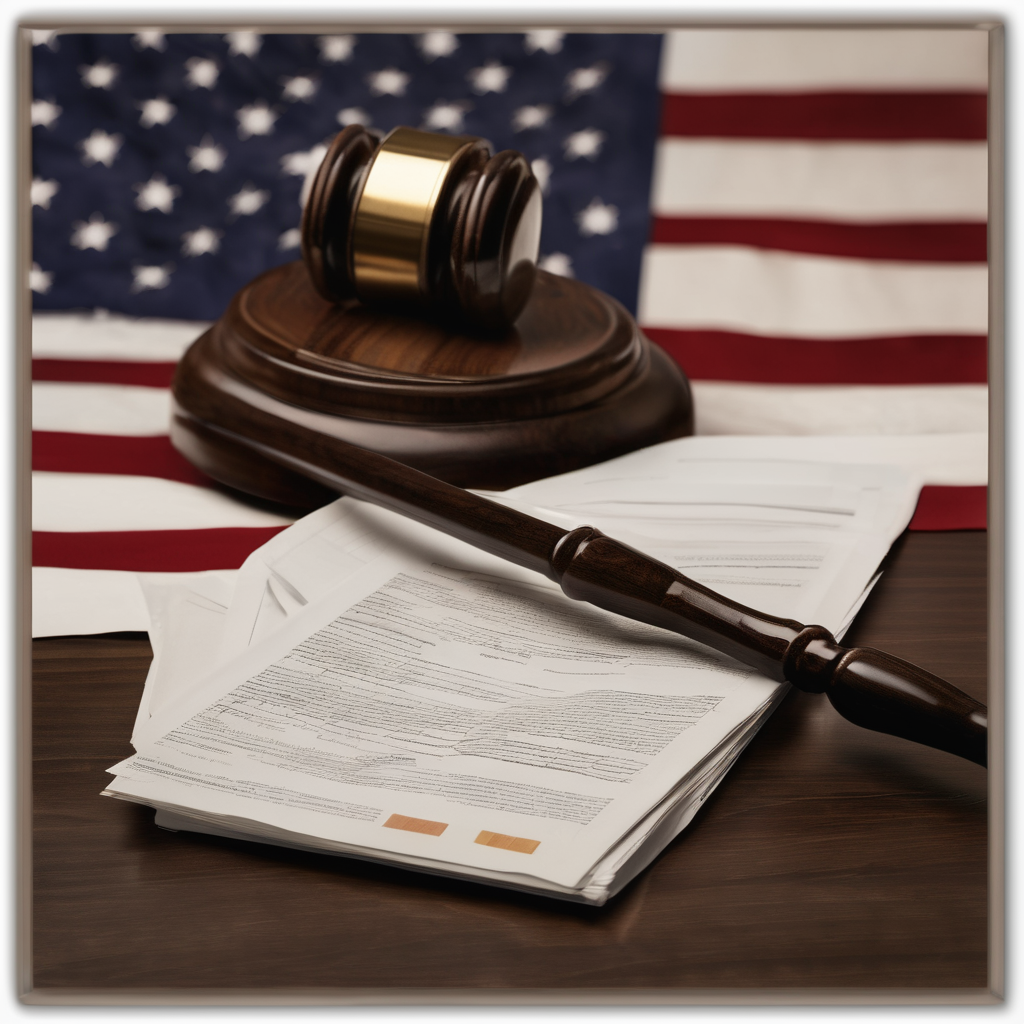Lindsey Halligan, the newly appointed U.S. attorney for the Eastern District of Virginia, is expected to seek an indictment against former FBI Director James Comey, despite a memo from prosecutors indicating insufficient evidence to justify charges. After a two-month investigation, federal prosecutors did not find probable cause to charge Comey with lying to Congress, a decision that underscores the complexity and contentiousness of the case.
The investigation, which began in early August amid President Donald Trump’s insistence on new prosecutions regarding alleged Russian interference in the 2016 election, focused on Comey’s testimony to Congress in September 2020. Prosecutors examined alleged links between Trump’s campaign and Russia, alongside potential leaks authorized by Comey. However, they concluded that the evidence was inadequate to support charges of perjury or obstruction, let alone securing a conviction.
In a contentious political climate, Halligan’s pursuit of an indictment aligns with Trump’s directive to take action against perceived adversaries such as Comey. Halligan, who lacks prosecutorial experience but is determined to execute her mandate, faces opposition from experienced attorneys who warn that pursuing charges could violate Department of Justice policies and result in ethical conflicts.
Trump himself has publicly criticized Comey, though he has stated that the decision to prosecute rests with the Justice Department. Still, his consistent calls for legal action against Comey, along with individuals like New York Attorney General Letitia James and Senator Adam Schiff, highlight the charged atmosphere surrounding these proceedings.
The push for an indictment comes as the statute of limitations for prosecuting Comey on false statements is nearing expiration. Halligan’s efforts continue despite internal resistance and the previous resignation of Erik Siebert, Trump’s former appointee for the role, who left amid pressure to file unrelated charges.
In summary, the ongoing situation exemplifies the intersection of legal considerations and political motivations within the U.S. justice system. Halligan’s decision to proceed with seeking an indictment against Comey is a significant move that reflects broader tensions over the handling of national security investigations and political adversaries. Whether this approach will succeed remains to be seen, as it challenges traditional legal protocols and could have far-reaching implications.
